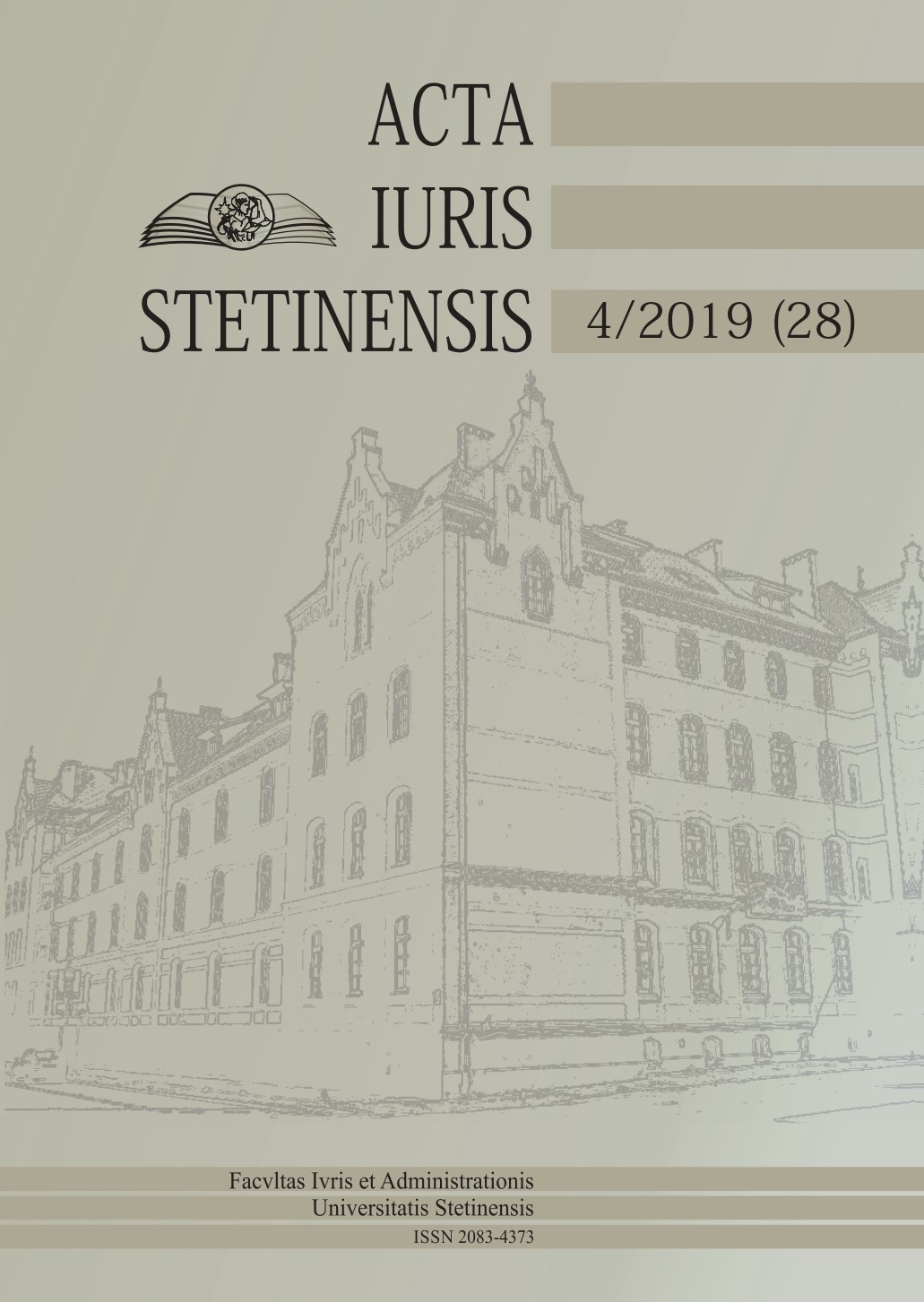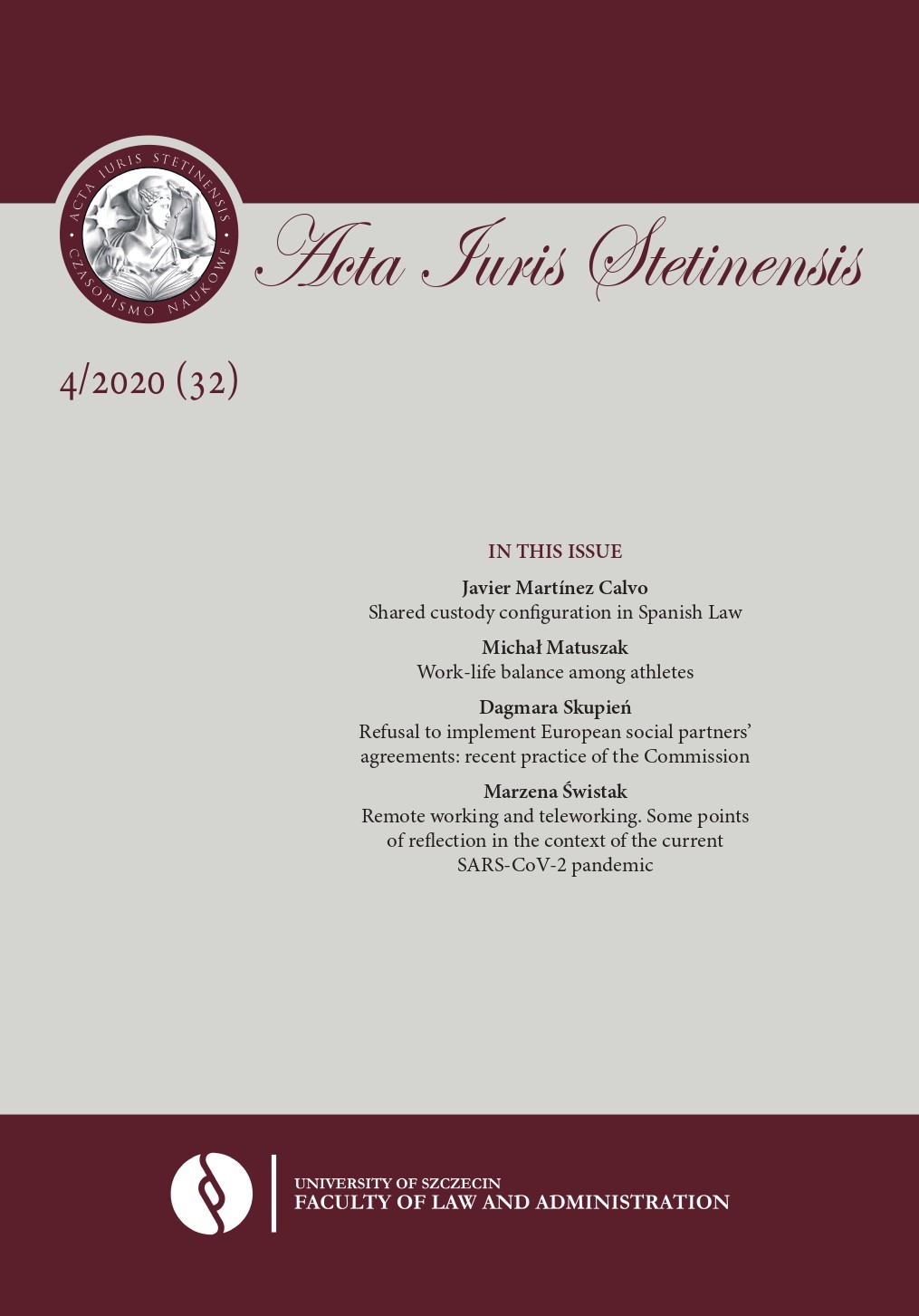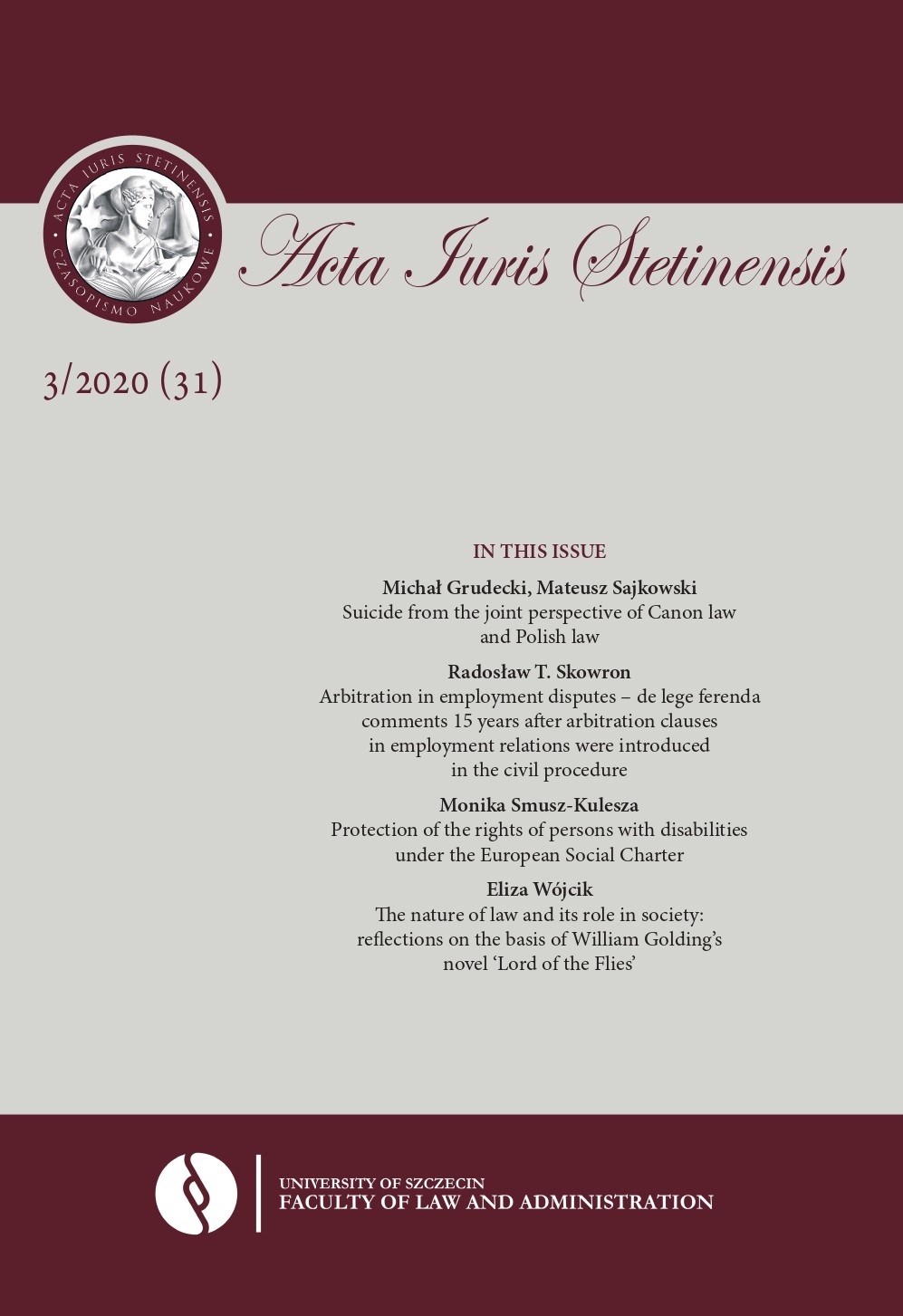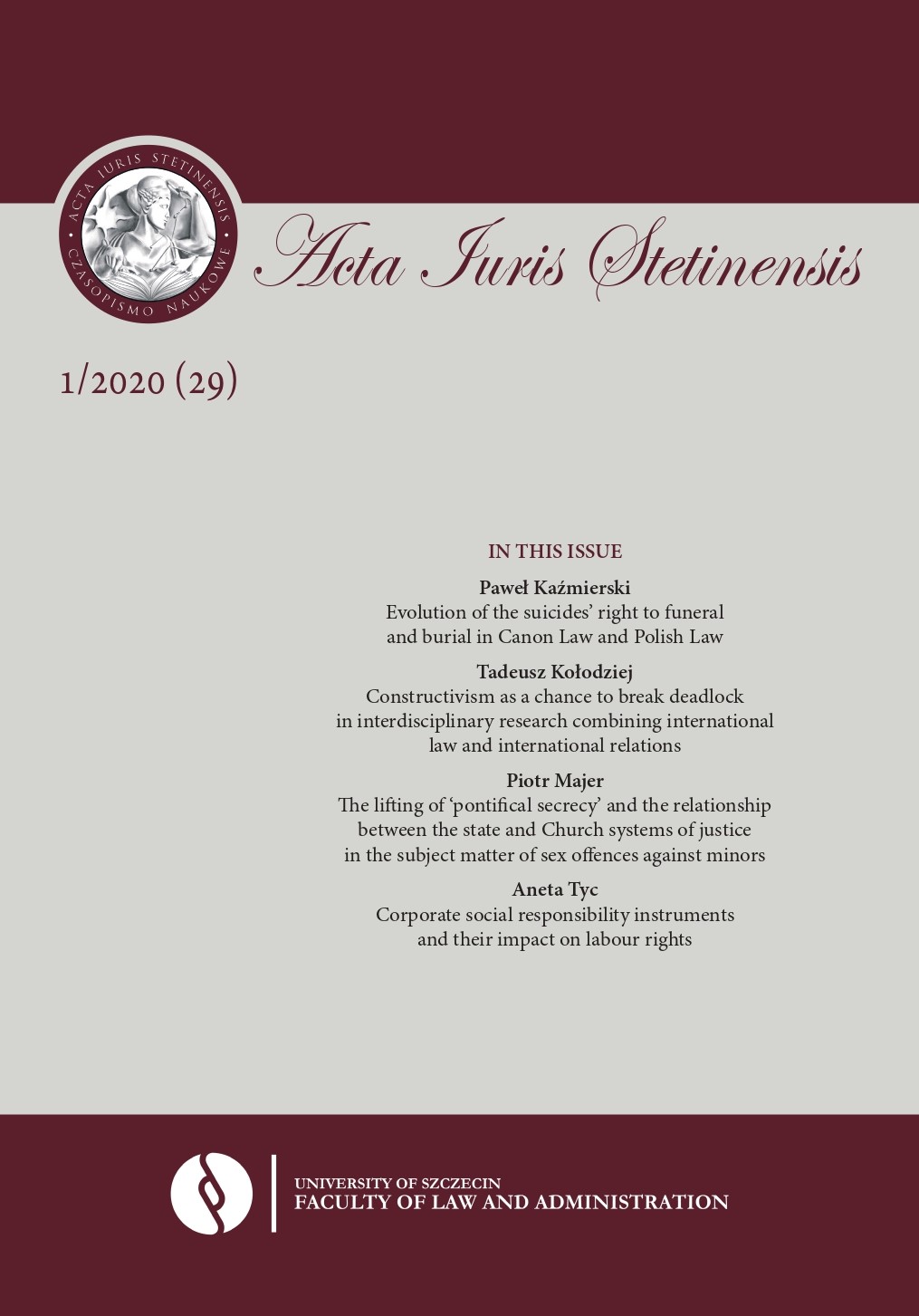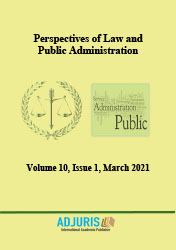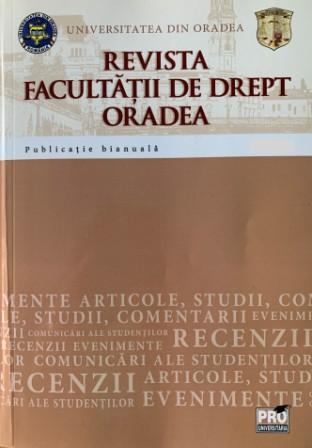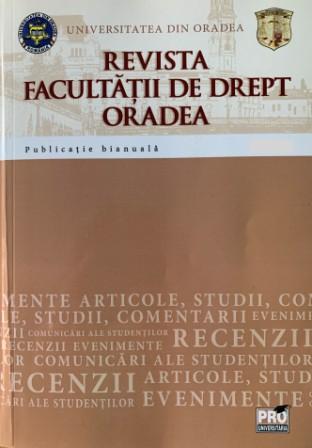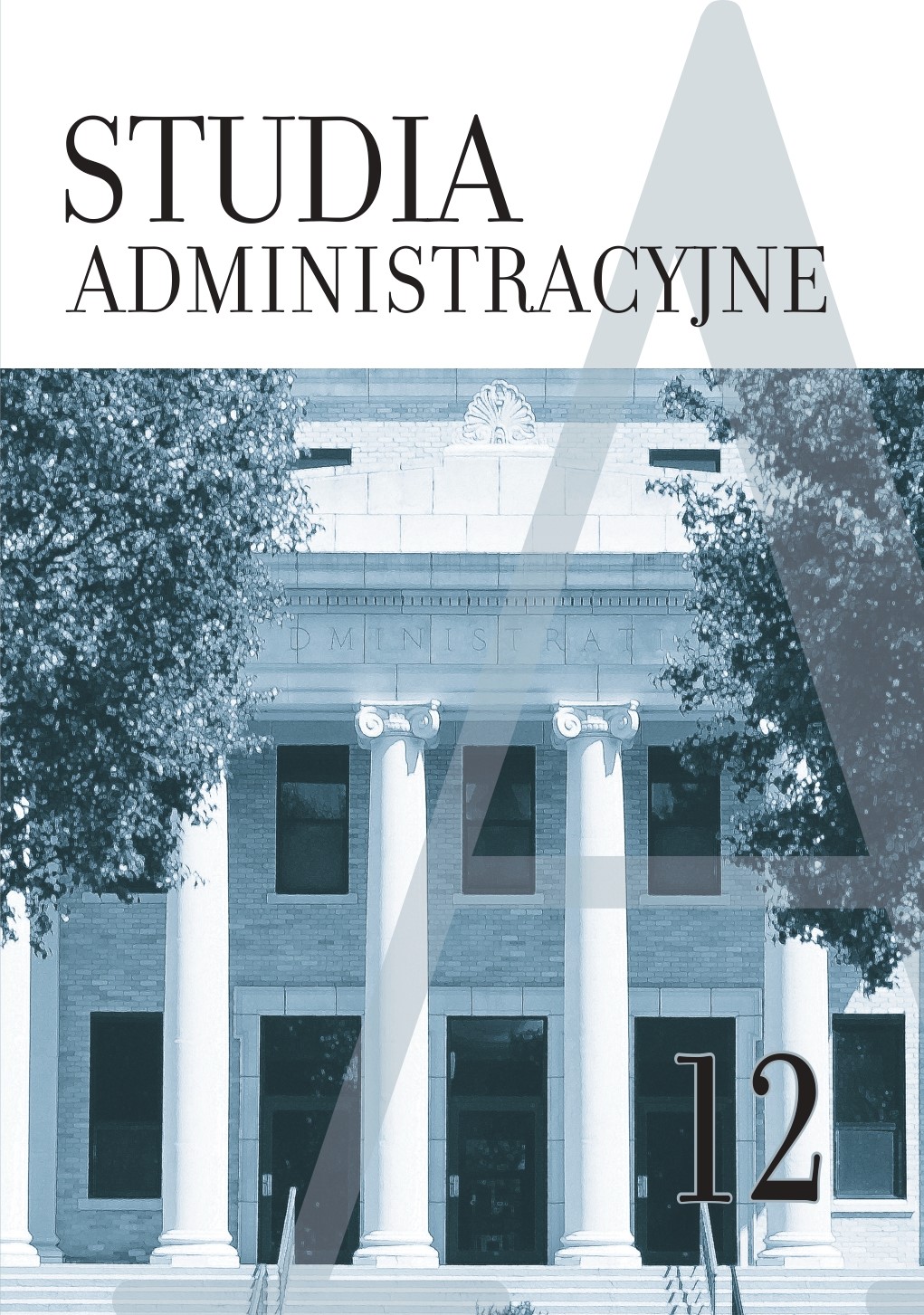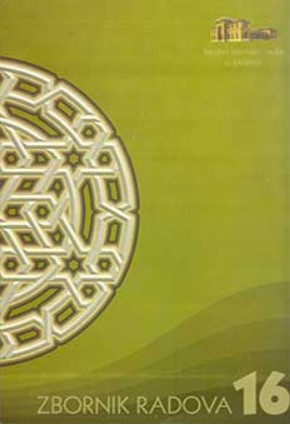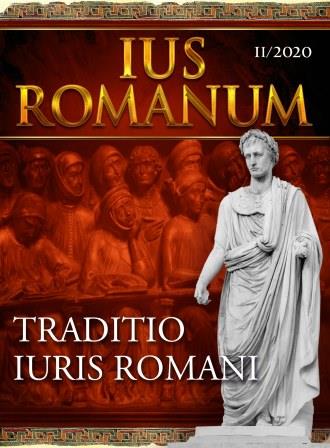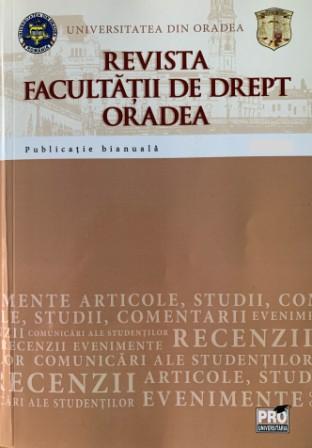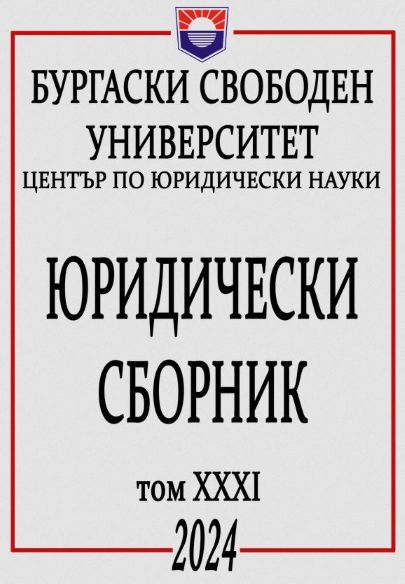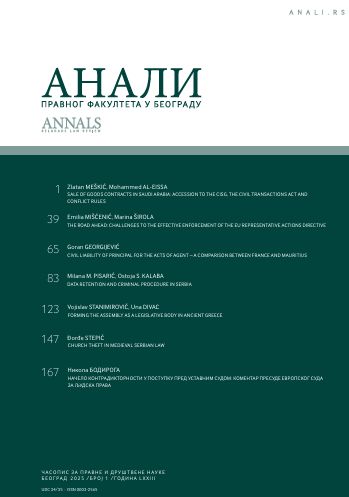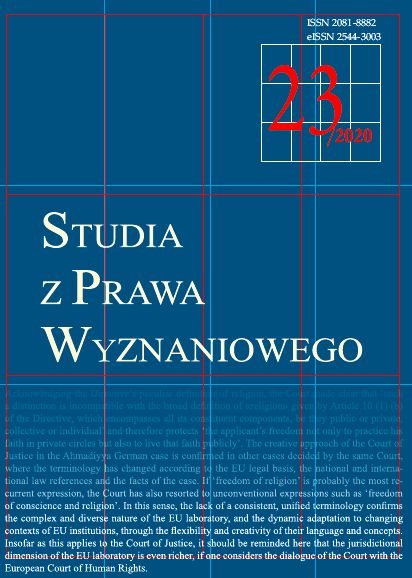
Ograniczanie wolności religijnej w pierwszym okresie pandemii COVID-19 w świetle orzecznictwa amerykańskich sądów
The article presents a critical analysis of the U.S. federal court rulings regarding restrictions on freedom of religion during the Covid-19 pandemic. The subject of judicial control were the executive orders prohibiting public religious gatherings or limiting the number of participants. The author shares the view of the part of the courts which assumed that the laws introducing stricter restrictions for churches and religious assemblies than for other comparable places and secular gatherings, in order to be constitutional, need to simultaneously pursue the compelling interest of the state and constitute proportional measures. While the protection of public health is a compelling interest of the government, the total prohibition of in-person church services or limiting religious gatherings to only a few people seem to violate the criterion of the least restrictive measure. When deciding what forms of social activity and businesses to exclude from the ban on public gatherings, the authorities cannot discriminatively assume that religious services are something secondary and not very urgent, especially if the same authorities consider the operation of e.g. liquor stores or shopping malls as “essential” or “life sustaining”.
More...
